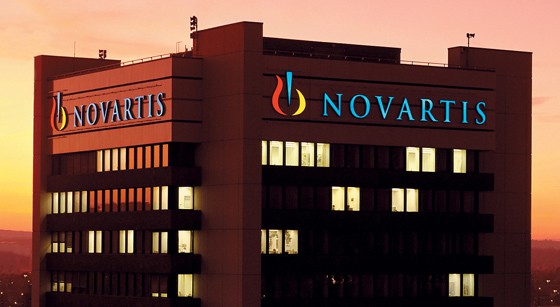
Novartis and Incyte’s Jakafi has met its targets in a phase III trial involving patients with the blood cancer polycythemia vera, setting up regulatory filings later this year.
If approved in the new indication, Jakafi (ruxolitinib) could see sales accelerate to more than $1bn a year, according to analyst David Kaegl at Safra Sarasin.
Novartis said recently that the JAK 1/2 inhibitor brought in $163m last year as a treatment for myelofibrosis, up from just $30m in 2012, while Incyte reported full-year sales of the drug were $235m. Incyte markets Jakafi in the US while Novartis sells the drug (as Jakavi) in other markets.
Polycythemia vera affects around 100,000 patients in the US and is an incurable cancer characterised by over-production of red blood cells. It is one of the precursors to myelofibrosis, so approval would allow Novartis to position Jakavi as an earlier treatment for myeloproliferative disorders.
In the latest study, Jakavi achieved its primary objective of maintaining haematocrit control (red blood cell volume) – without the need for phlebotomy (bloodletting) – and reducing spleen size by 35 per cent in patients with polycythemia vera resistant to or intolerant of hydroxyurea treatment.
The 222-patient trial – called RESPONSE – compared Jakavi given twice-daily to best available therapy. Novartis and Incyte are also developing it for other oncology applications, including pancreatic cancer.
“One out of four patients with polycythemia vera remain uncontrolled despite existing standard therapies, and these patients face a profound symptom burden and are at greater risk of cardiovascular complications,” said Incyte chief executive Hervé Hoppenot.
“These phase III data give us confidence that ruxolitinib may offer a welcome new treatment option.”
Jakafi is also out on its own in the JAK inhibitor class, with main rival fedratinib from Sanofi falling by the wayside last year after toxicity issues emerged in last stage testing. Meanwhile, Gilead Sciences’ CYT387 is still in phase III clinical development.




